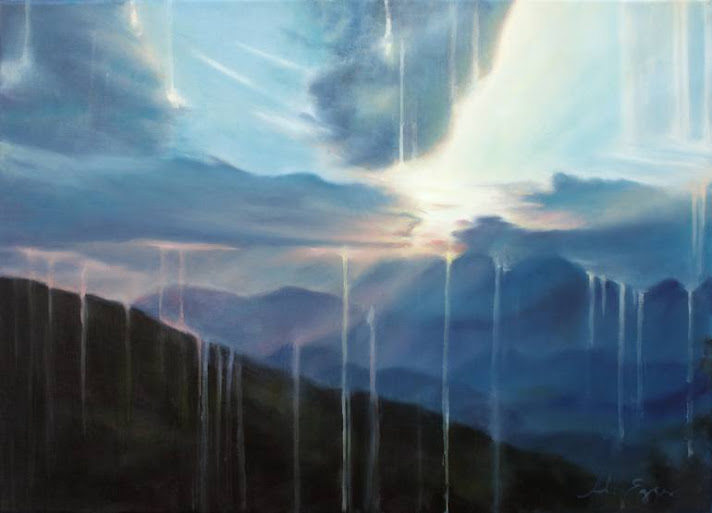The Religious, Philosophical, and Narrative World - Ch. 7 from "The Origin of Philosophy" by Jose Ortega y Gasset
Man's Permanent Possibilities
In this chapter Gasset continues his reflections on the existence of the metaphysical realm. In ch. 6 he made the case that reality is always composed of two natures, the physical changing world of appearances and the unchanging reality at the root of being. Here in ch. 7 he makes the point that there are categories of man's being that are likewise. Yes, we are a physical specimen. We can describe the functions that go on in the brain from a chemical and medical perspective. But this is incomplete. There are abstract categories of human existence that cannot be described by science. The religious, the philosophical, and the narrative (literary) are categories of existence, one could argue the most real parts of man's life, and yet they point more to an actualization of the metaphysical realm. When these beliefs shape us, we move from the physical world into the narrative world.
The Entrance to Narrative Reality
Gasset begins this short chapter by pointing out an irony in the philosophy of Dilthey. He says that despite Dilthey being a descendent of Hegel and Comte, that he nonetheless recognizes that there is a permanent structure to the human being. This permanent structure he claims to be the reality of literature, philosophy, and religion as an ever present part of being human. Not present as a concrete reality, but ever present in an abstract potential which can be actualized into the concrete moments of life and take on flesh, so to speak. "... religion, philosophy, and literature, vital functions of the human mind, appear as permanent possibilities in man. ... Otherwise we could not talk about mankind, human life, the human being. In other words, man has an invariable structure which traverses all of his changes." 1
So one can think of beliefs as something abstracted on their own, or as being adopted and taking reality in the concrete person's life. But we have to be careful with our terminology. Gasset claims that in the early 20th Century that the "'sciences of the mind,'" and the other sciences of the time in the West had claimed to live under the umbrella of philosophy. We cannot consider these scientific theories to be the same in nature as true philosophy, though. 2 Philosophy is not something which lives only in the human mind, rather it is a reality all on its own ... something to which the human mind can obtain, not create. "The fact is that when Dilthey finally pinpoints what he means by philosophy, he is describing a manner in which mental mechanisms function, something that has not always operated in the history of mankind but that came about one fine day in Greece and has indeed come down to us - with no guarantee, however, of its perpetuation."
Just as the human mind can obtain a knowledge of this philosophical realm, it can forget it as well and the ideas will return to their state of potentiality. "... they felt a profound need for some as yet nonexistent entity, which subsequently would be the thing to receive the strange appellation - philosophy." Gasset also points out that philosophy is not simply a religious extension, as, if it was, the content of it would be vastly different [as theology is from philosophy]. 3 It is rather its own metaphysical reality which we experience. The answer then in defining the nature of philosophy requires that we look back to its beginnings, not necessarily the exact theses that the earlier philosophers came up with, but the experience of reality that they stood before which sparked those original thoughts. Like returning to source of the metaphysical world, the place where it breaks through into our reality which has always inspired a sense of searching and wonder. "The only means of answering these questions is to immerse ourselves in the preserved fragments of those early thinkers and, by gazing into the distance, try to discover the same horizon as it appeared to those writers. For the moment we are not so much concerned with the thesis expressed in those fragments as in the attitude with which those men responded to what they beheld." 4
-------------------
1 - Ortega y Gasset, Jose. The Origin of Philosophy. WW Norton Company (New York, 1967) Pg. 75
2 - 76
3 - 77
4 - 78




Comments
Post a Comment